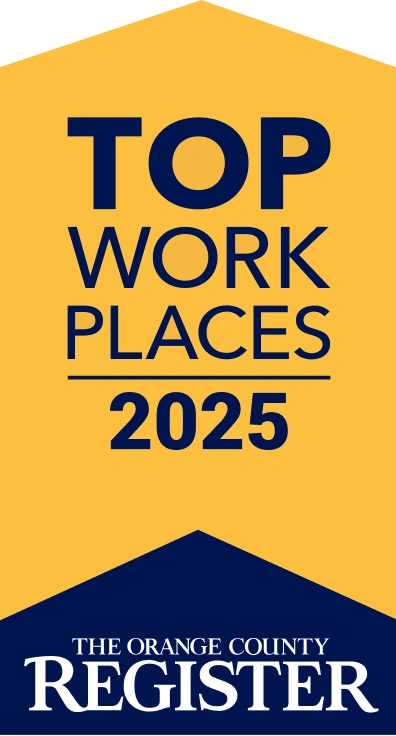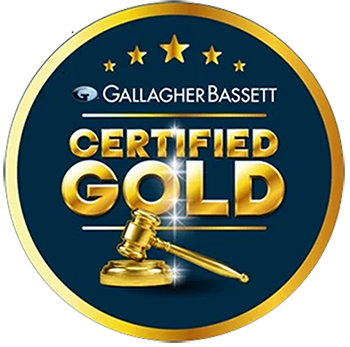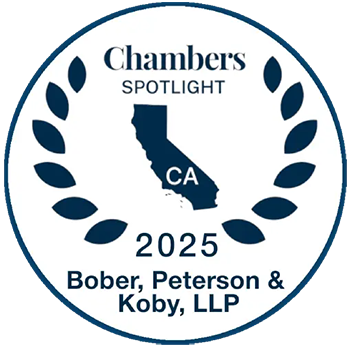September 16, 2025
Boutan Pezeshkan v. City of Foster City ADJ18355035 (09/16/2025 BPD)
The Defendant petitioned for reconsideration when a WCJ found the cumulative trauma injury to a left index finger contrary to the findings of an AME, who found the progression of the original specific injury responsible for worsening. In describing that the WCAB is not bound by an AME’s opinions, and that the AME may have a mistaken belief between an aggravation versus an exacerbation of injury. Thus, the WCAB found the record deficient on injury(s) and dates of injury and ordered the record to be developed.
The WCAB, opined, in pertinent part:
“Moreover, we observe that it is somewhat problematic to have a finding of cumulative injury without determining injurious exposure, period of injurious exposure, or date of injury. Integral to the finding of cumulative trauma injury is determine whether there is disability of the need for medical treatment. Specifically, in this case, there needs to be a discussion of whether there is new impairment or an increased need for medical treatment”
Tip: This language is good to consider when deciding to argue one or more CTs intermixed with one or more specific injuries; or, at least, to pursue such an analysis.
Zenaida Aviles v. PIH Health Hospital, Athens Administrators ADJ10908652, ADJ10908914 (09/16/2025 BPD)
This case gives a good step by step summary of a psychiatric/psychological analysis:
In Rolda v. Pitney Bowes, Inc. (2001) 66 Cal.Comp.Cases 241, 245-246 (Appeals Board en banc) we addressed the factors that a psychological evaluator must consider in opining on causation of psychological injury and disability under section 3208.3. Per Rolda, the evaluator is required to list all factors causing psychological injury and address the percentage of causation that each factor contributes to psychological injury, and list all factors causing psychological permanent disability and address the percentage of causation that each factor contributes to permanent disability.
Once the evaluator issues a Rolda compliant report, the WCJ should then determine whether the alleged injury involved actual events of employment, and whether each actual event of employment constituted a lawful, non-discriminatory, good faith personnel action. (Section 3208.3(h)). If the psychological injury is predominantly caused (51% or more) by actual events of employment (or 35% or more in cases of injury caused by a violent act or exposure to a violent act), the psychological injury is compensable, unless the injury is substantially caused by a lawful, nondiscriminatory, good faith personnel actions, in which case the injury is not compensable.(Section 3208.3).
Tip: Remember, when considering psyche injury allegations, the physician determines factors of causation and permanent disability. The WCJ determines actual events of employment and issues such as good faith, personnel issues, and discrimination.
John Richard Sedano v. Live Action General Engineering, National Casualty ADJ17550375, ADJ17550386 (07/29/2025 BPD)
This case is notable for its imposition of sanctions. It imposed $750 in sanctions jointly and severally against the employer, the insurer, the administrator and the defense attorneys (after they apologized) because:
- The defense attorneys failed to cite the evidentiary record
- The defense attorneys improperly attached documents to the petition for reconsideration (of records already in the record)
- Raising issues post-trial not raised at trial
- Failing to cite proper legal authority
- Citing citations that did not exist
Tip: You are liable for your attorneys’ actions. Make sure they confirm that they followed the rules of practice and procedure and correctly cite proper legal authority in making arguments/appeals on your behalf.
Cell Hobson v. New York Yankees, Ace American Insurance, ESIS ADJ9085188 (09/10/2025 BPD)
In denying the Applicant’s petition for removal while also dismissing the Applicant’s petition for reconsideration and requiring a date of injury to first be legally found before arguing that sections 4060 and 4062.2 not be followed (because of their effective dates) the WCAB said:
“The dates of injurious exposure under section 5500.5 and the date of injury under section 5412 are separate analyses. While the two dates may coincide, they are not synonymous. It appears that applicant is conflating these two dates interchangeably.”
Tip: Always remember, the date of CT injury pled by Applicant is not necessarily the legal date of injury for responsibility or liability; always look for justifiable ways to make distinctions for liability and procedural purposes.




